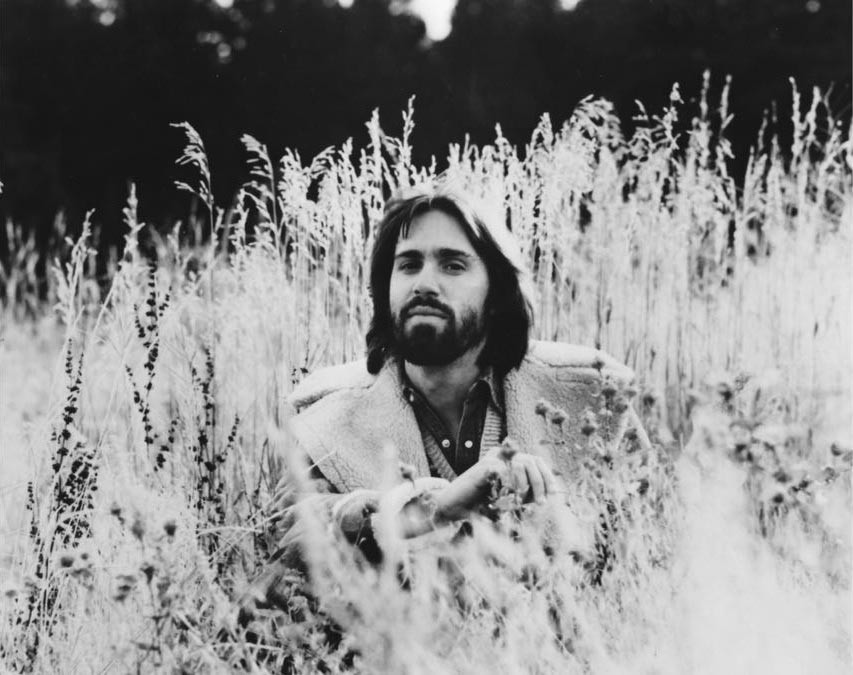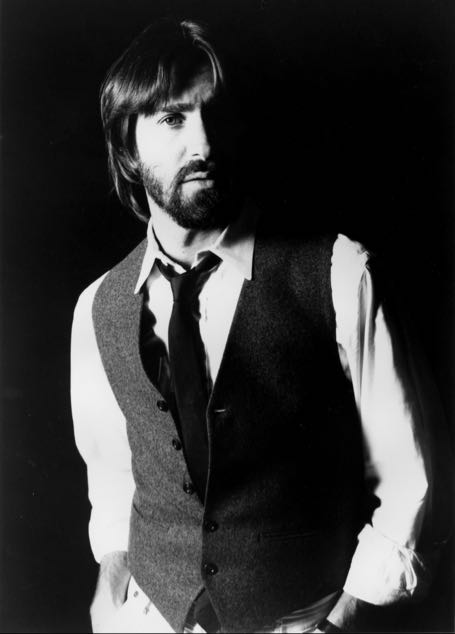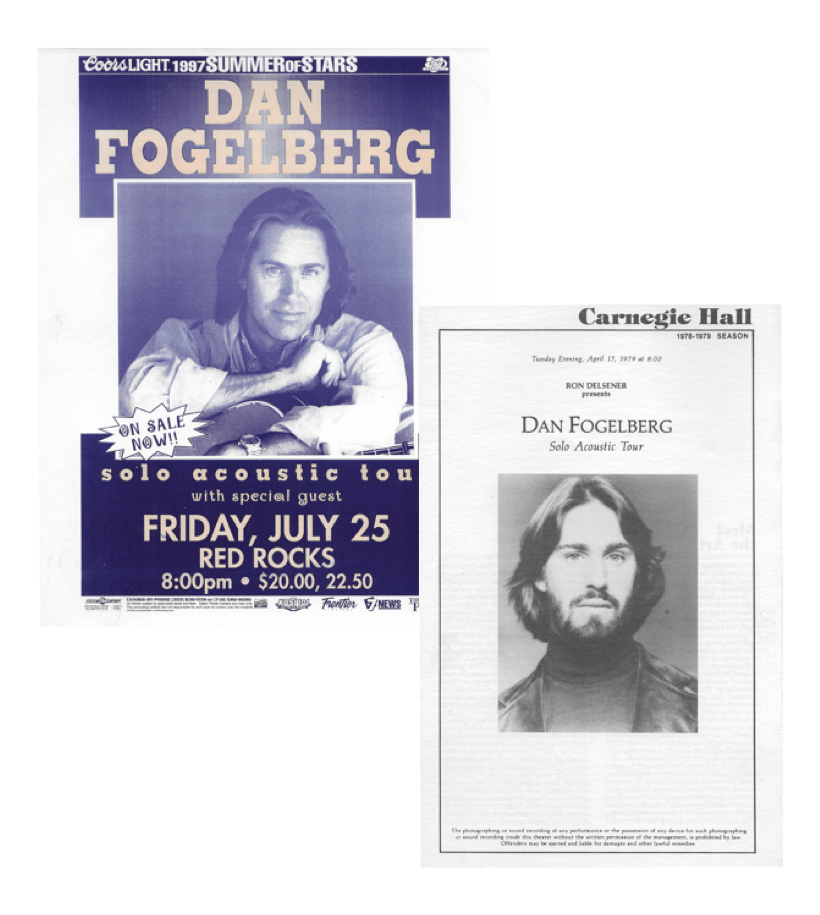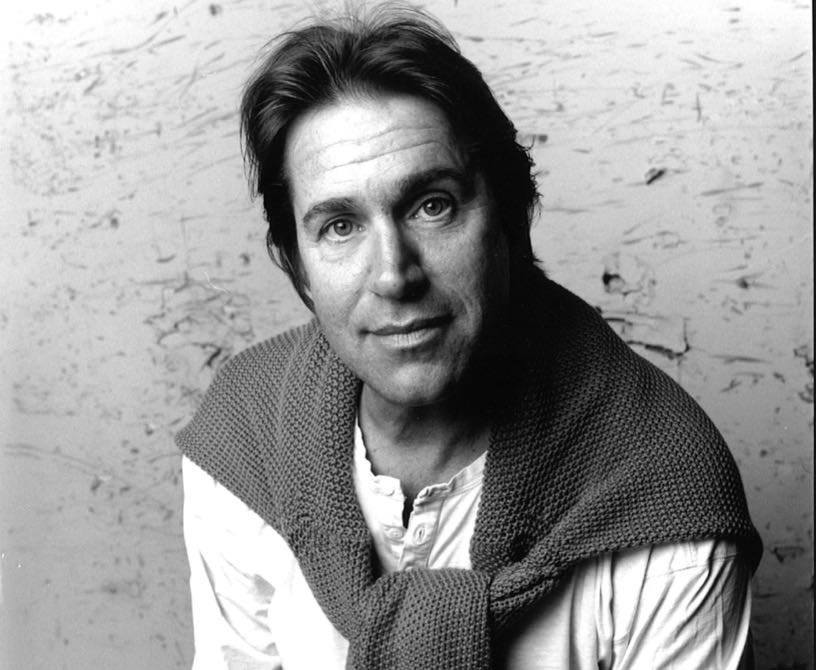Starting out in local bands playing rock and roll, Fogelberg found his passion on acoustic guitar. He left his studies at the University of Illinois and headed for the West Coast, finding inspiration during a week in Colorado before moving on and securing a recording contract. For his second release, Souvenirs, Fogelberg enlisted producer Joe Walsh, who had recently recorded at Caribou Ranch near Nederland, and “Part of the Plan” went to the top of the charts.
While touring through Colorado in the mid-1970s, Fogelberg bought a house from Chris Hillman, situated 9,000 feet up in the Rocky Mountains. His time there resulted in the songs on Nether Lands, a platinum seller. He recorded part of his next venture, Phoenix, in Colorado, and the songs “Heart Hotels” and “Longer” were pop hits.
The Innocent Age, released in October 1981, was Fogelberg’s critical and commercial peak. The double album included four of his biggest hits: “Same Old Lang Syne,” “Hard to Say,” “Leader of the Band” and “Run for the Roses.” He drew inspiration for The Innocent Age from Thomas Wolfe’s novel Of Time and the River.
A 1982 greatest-hits album contained two new songs, both of which were released as singles: “Missing You” and “Make Love Stay.” In 1984, he released the album Windows and Walls, which contained the singles “The Language of Love” and “Believe in Me.”




